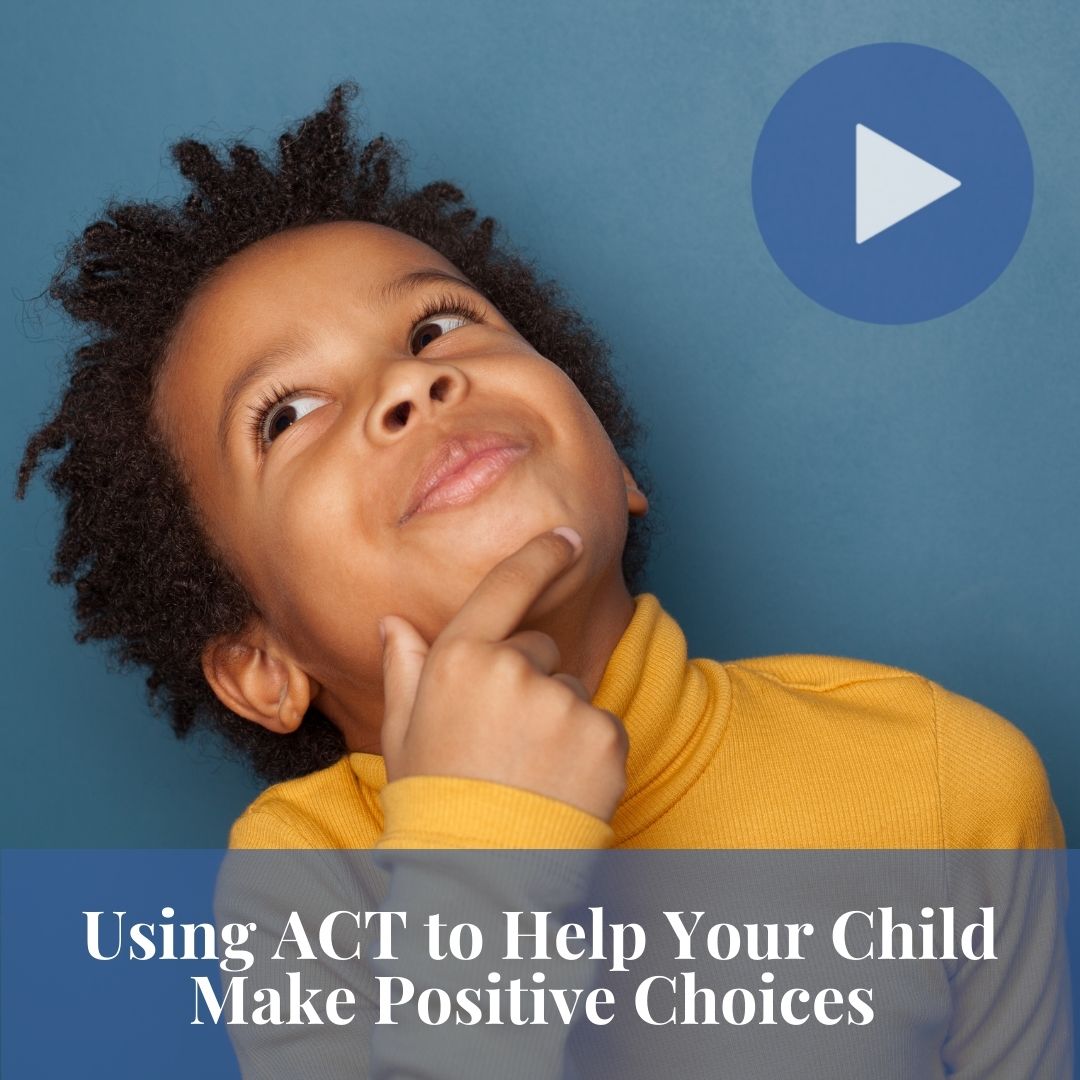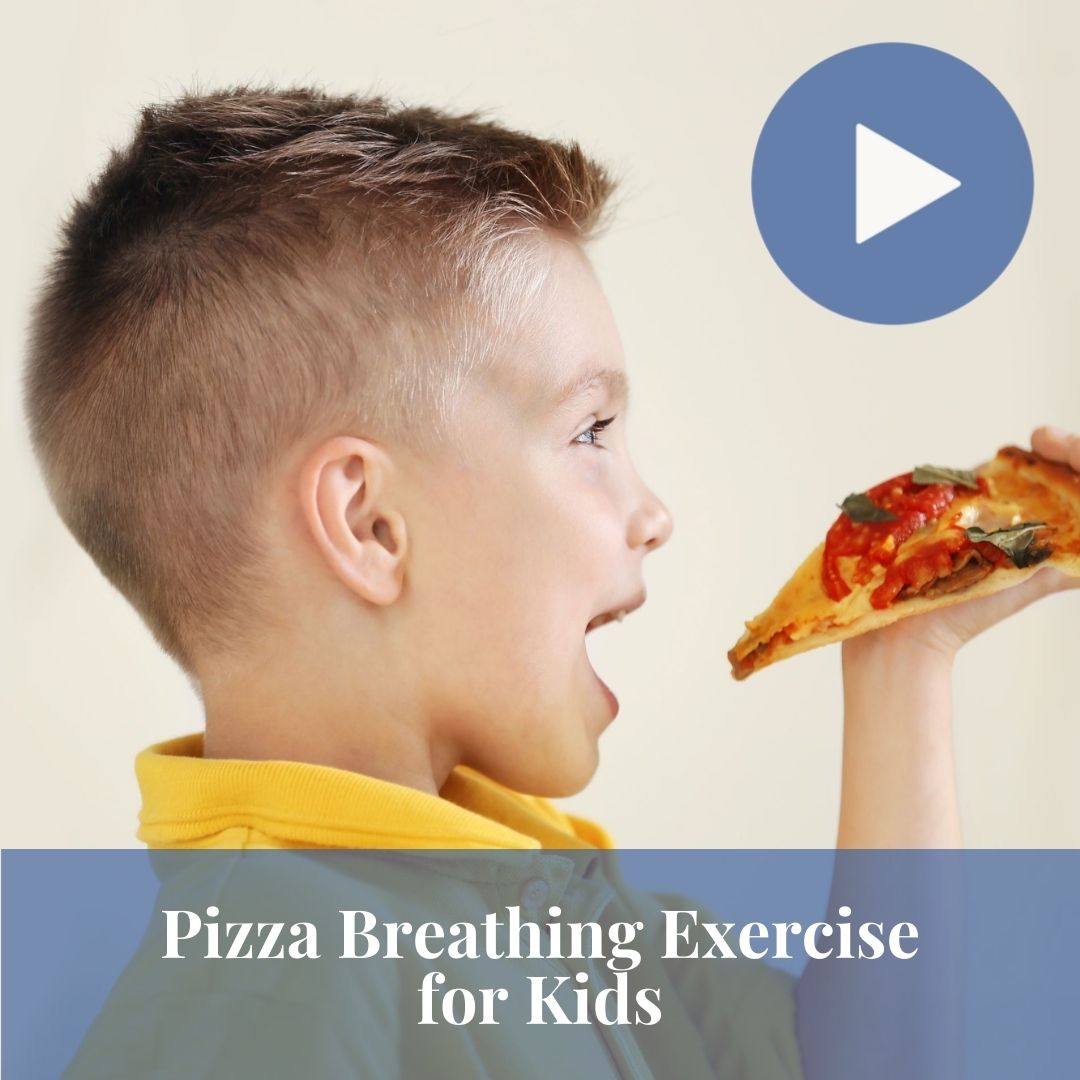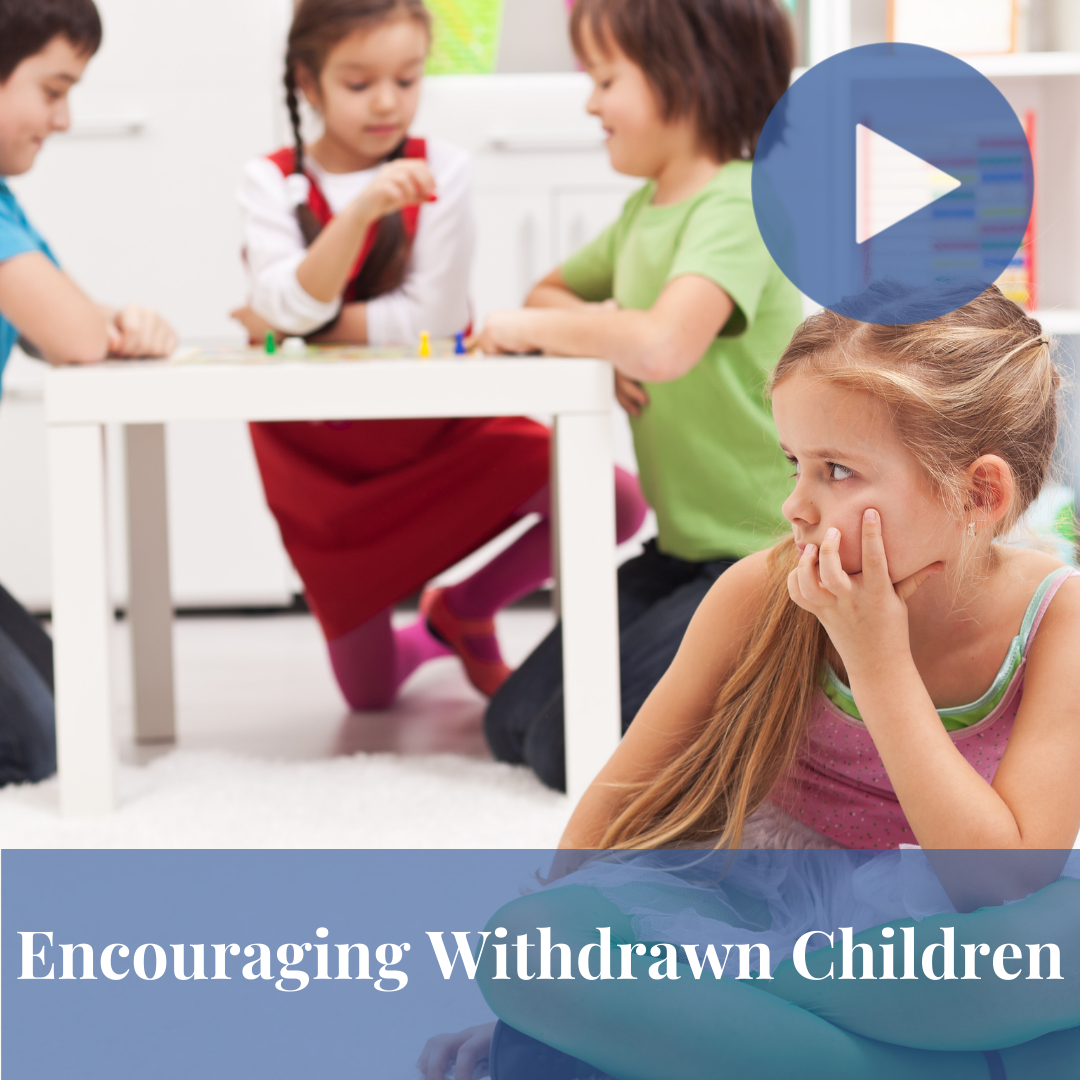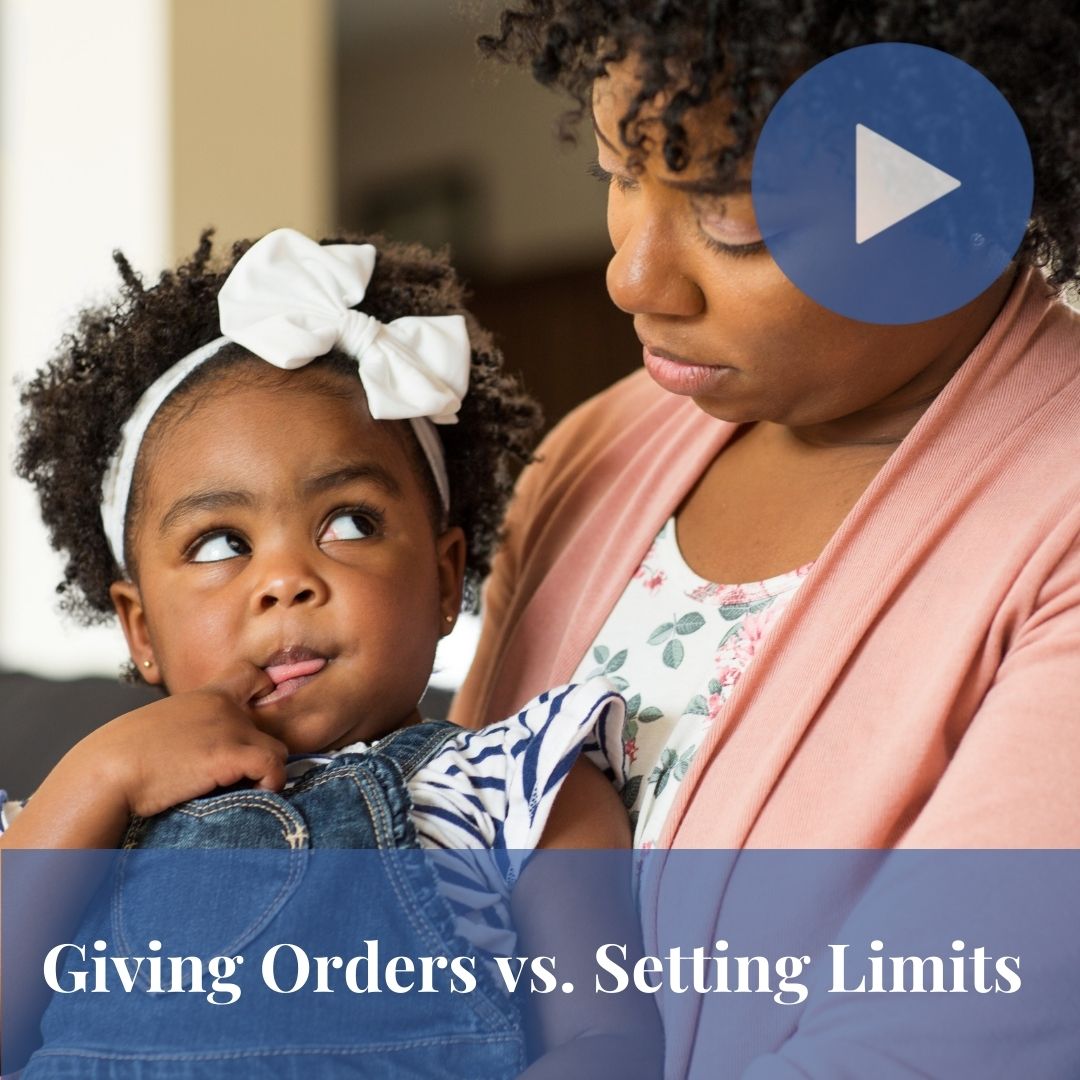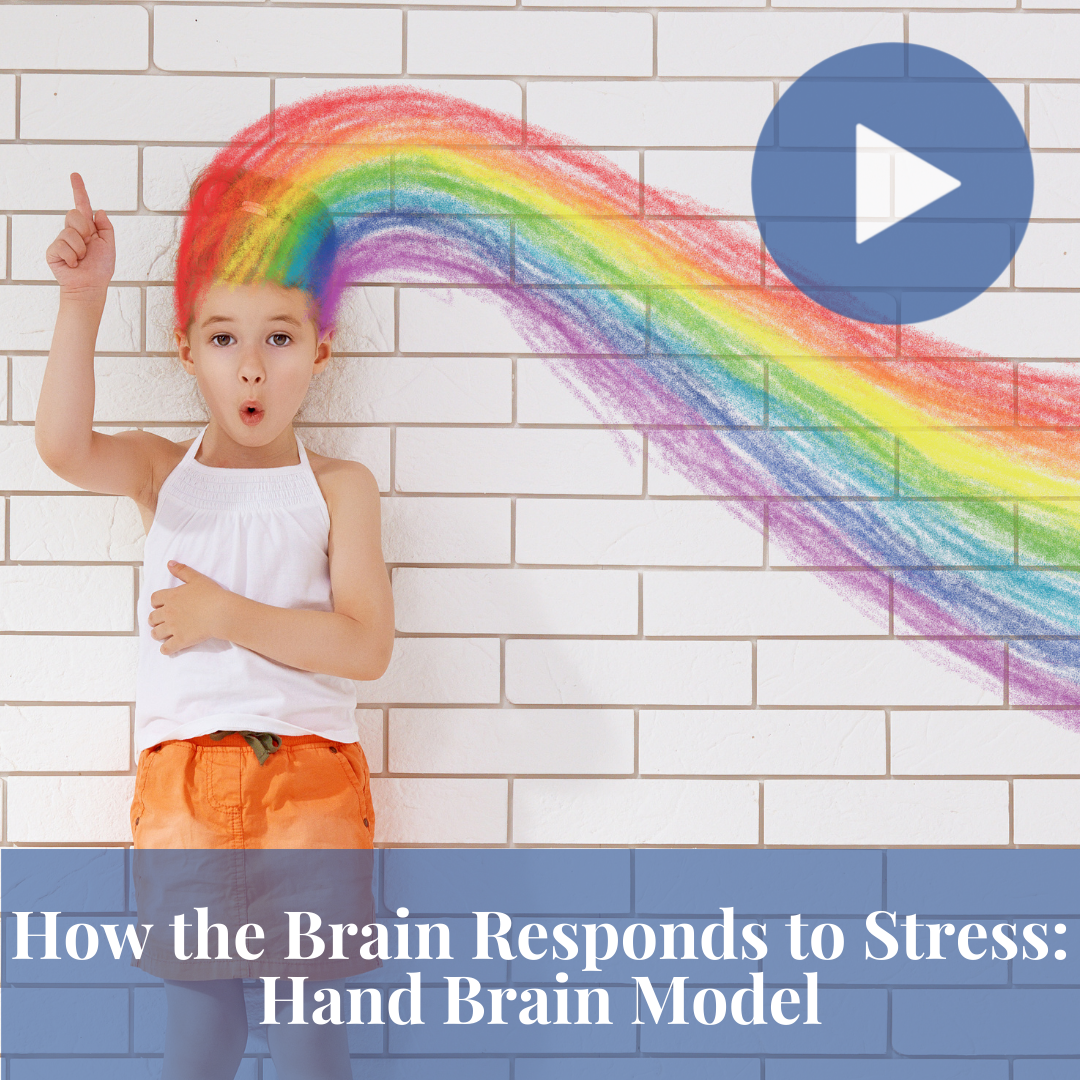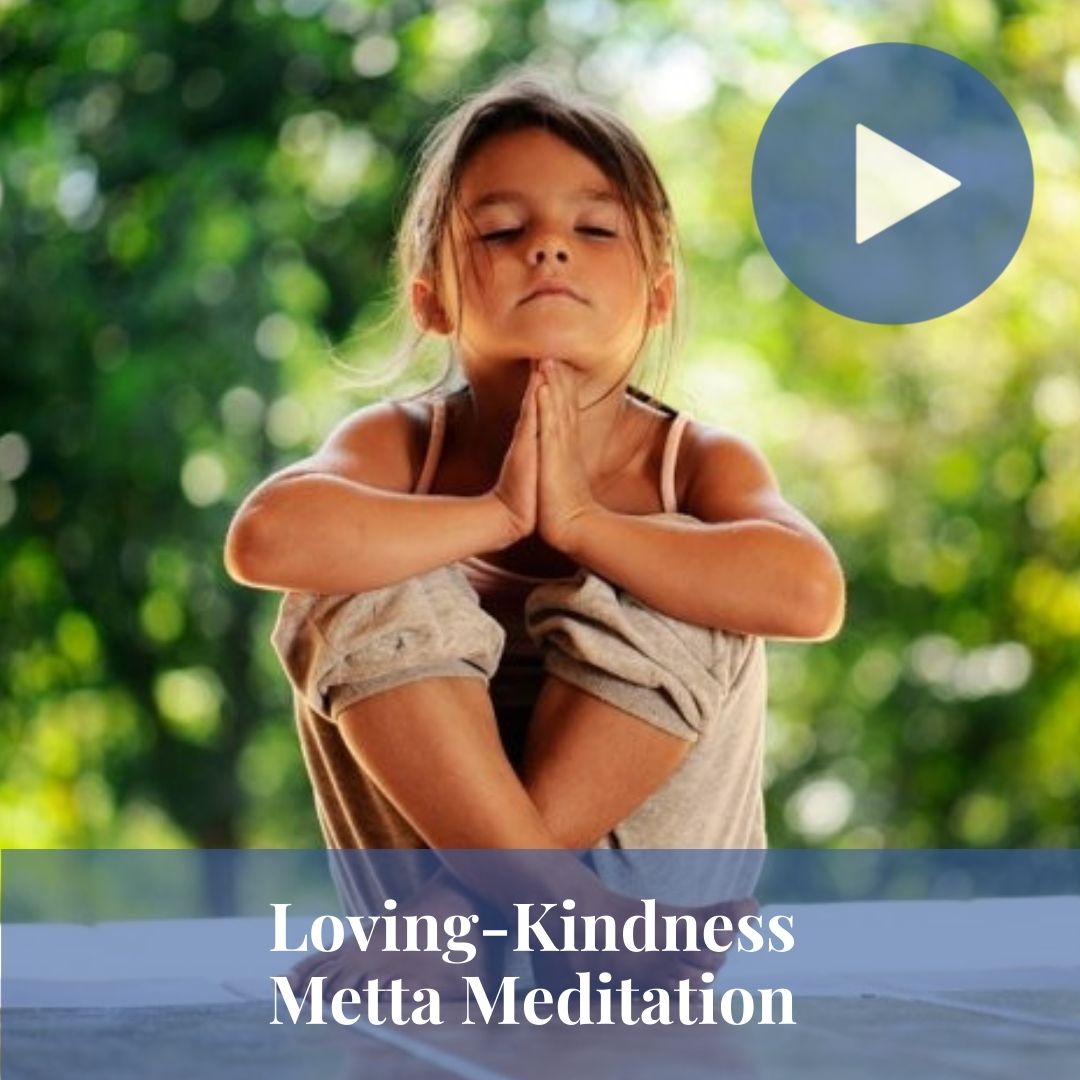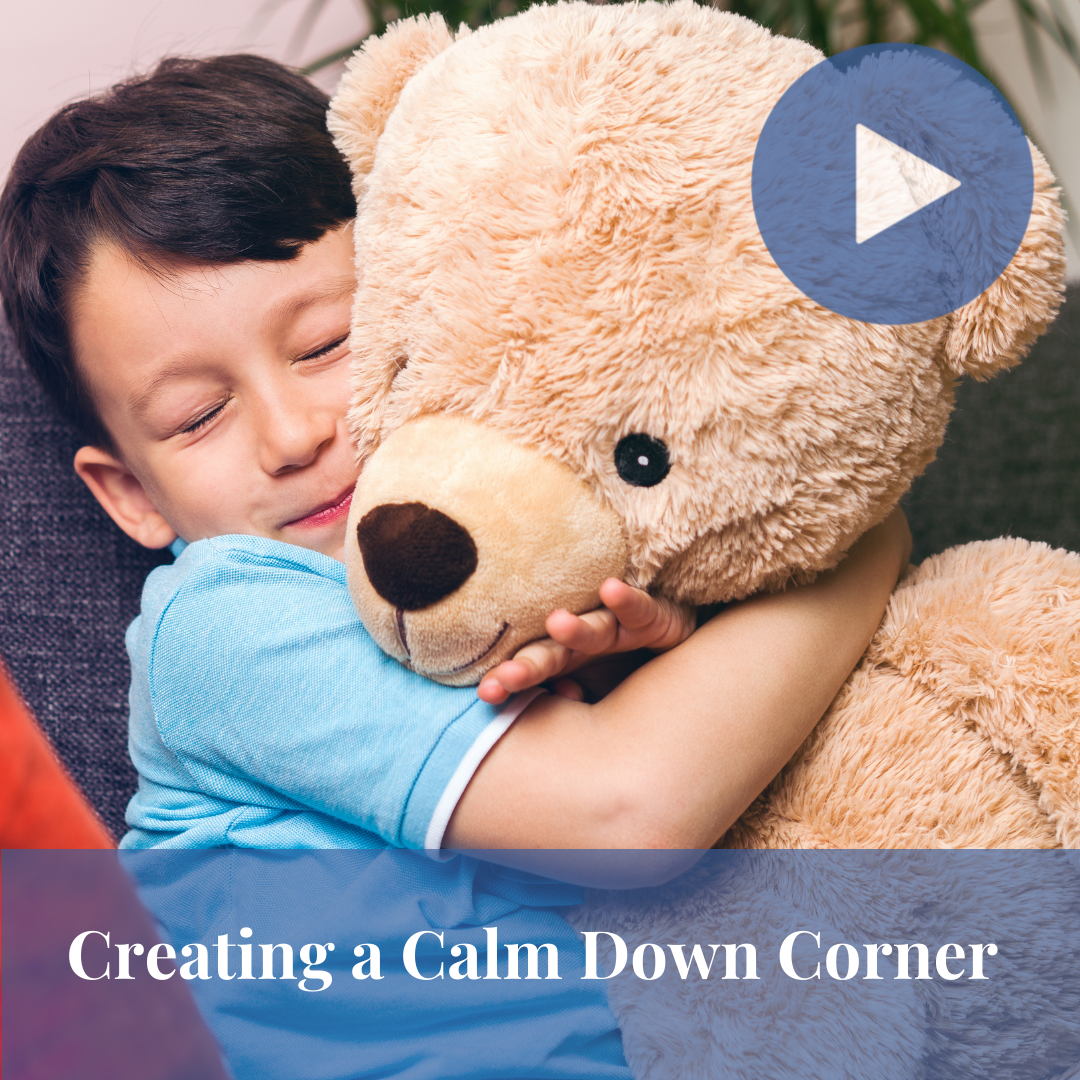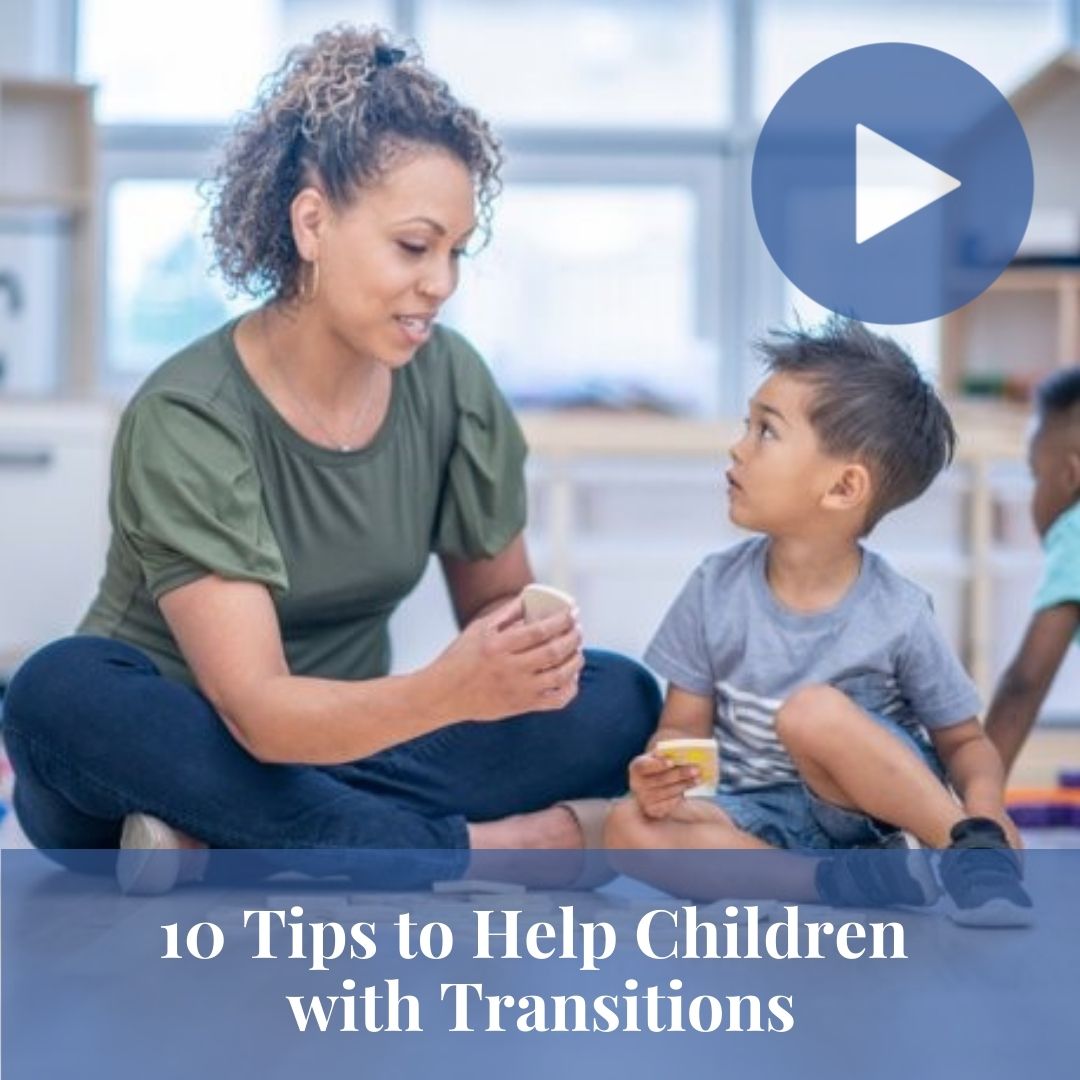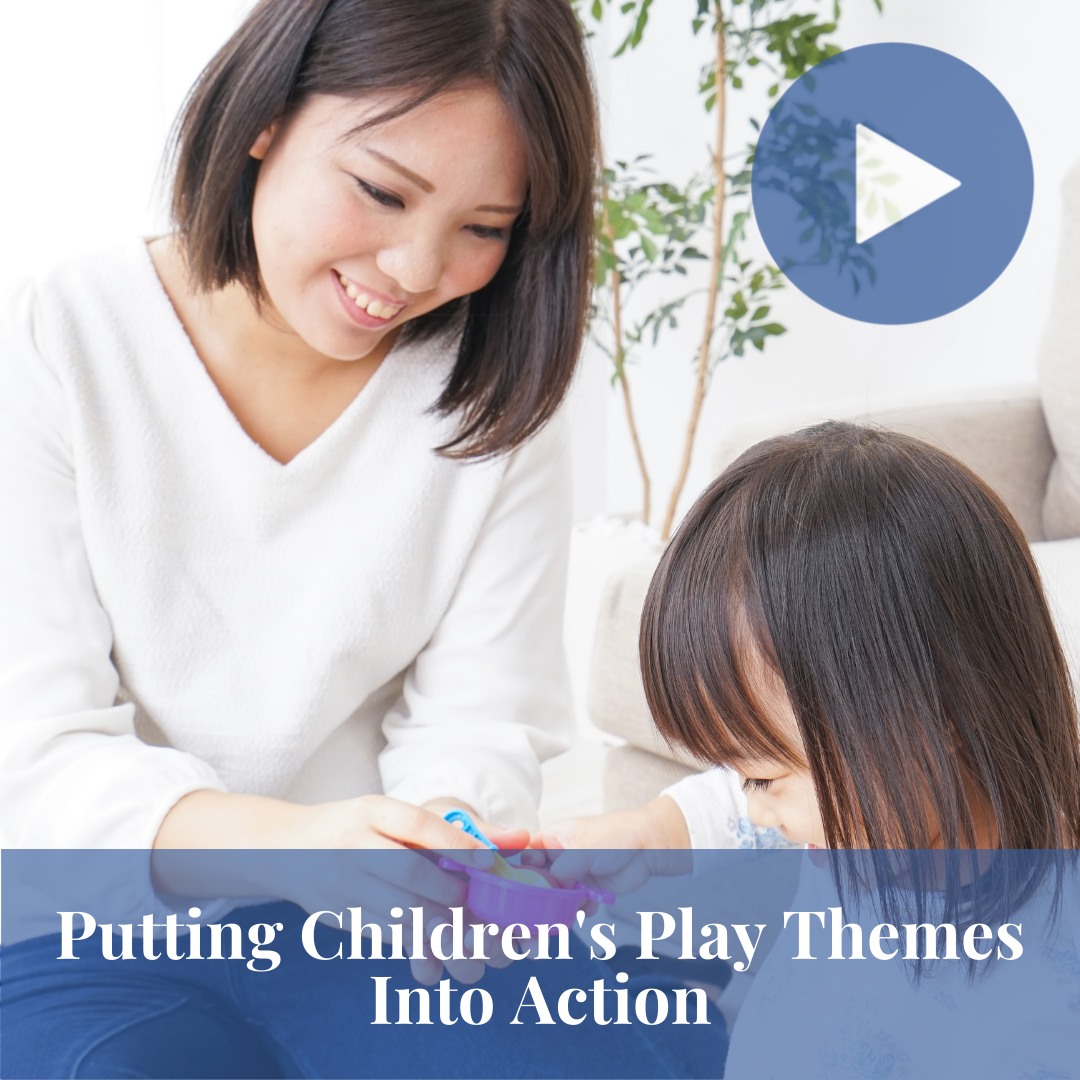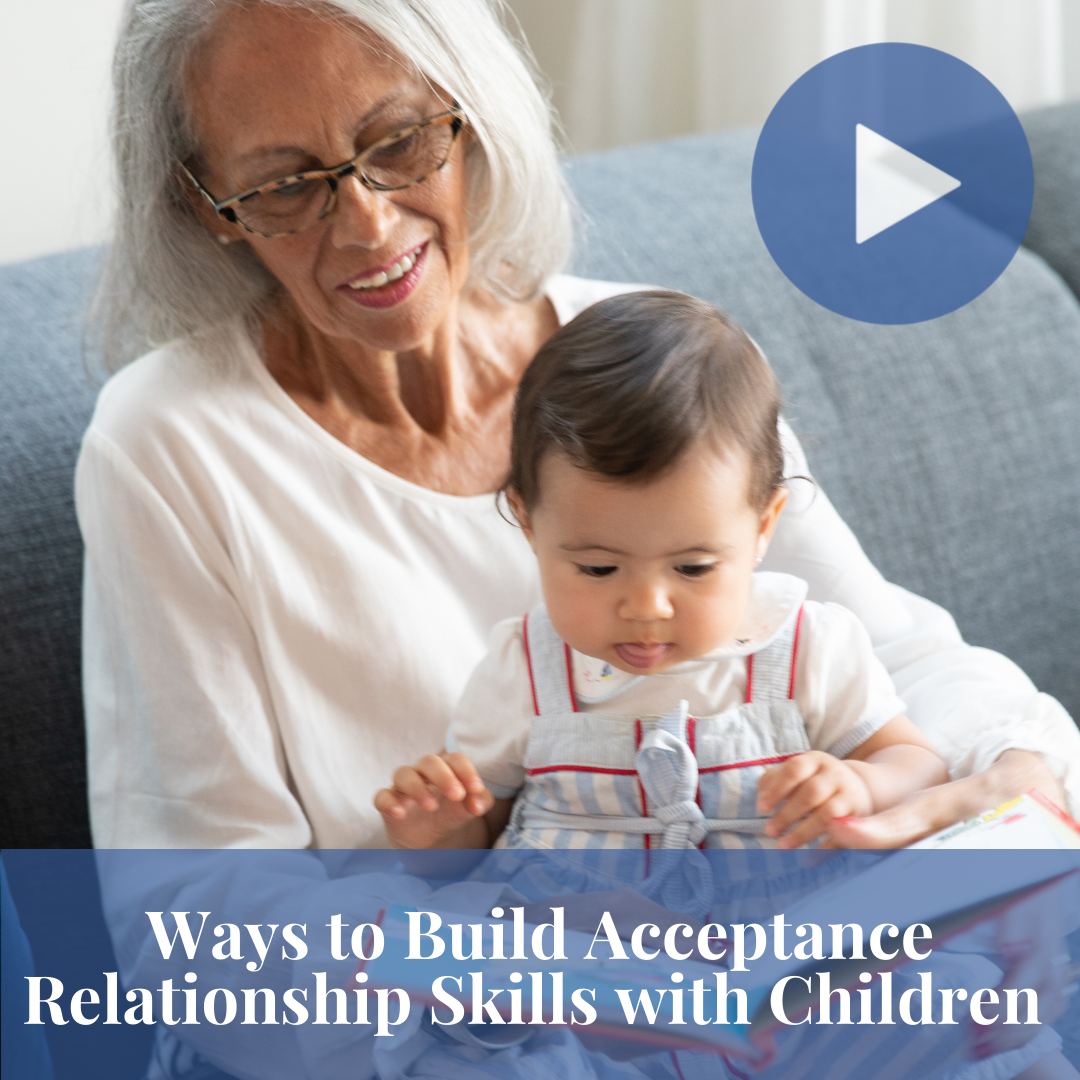
Here we offer some of our A Way of Being with Children videos to help build parent, teacher, and caregiver knowledge and skills to foster positive, trauma-informed interactions with children. You can also visit our YouTube channel for the 'A Way of Being with Children' Playlist to view our full library of videos, or browse a few, selected topics below.
How Our Attitude Affects Children
Often, we do not realize the impact our attitude and words have on the children we care for, work with, and teach. Nonverbal communications such as facial expressions, body language, and tone of voice add to the meaning of those words.
Harsh words said in a harsh manner can create fear, anxiety, or aggression in a young child. Kind words tell the child that they are valued, capable, and safe. The words you use determine whether the relationship with your child (or classroom) is based on fear and insecurity or safety and security.
Your attitude is what creates a negative or positive relationship with the children in your care. The following video encourages you to explore your attitude.
What Does it Mean to Be Trauma-Informed?
Trauma negatively impacts all areas of brain development and functioning. Trauma arouses the lower brain structures and inhibits the Central Nervous System. Young children who have experienced trauma will have difficulty self-regulating and often have sensory integration issues.
It is important for parents, teachers, and other adult caregivers to understand the impact of trauma on the developing brain, which often results in behaviors that may be perceived negatively.


